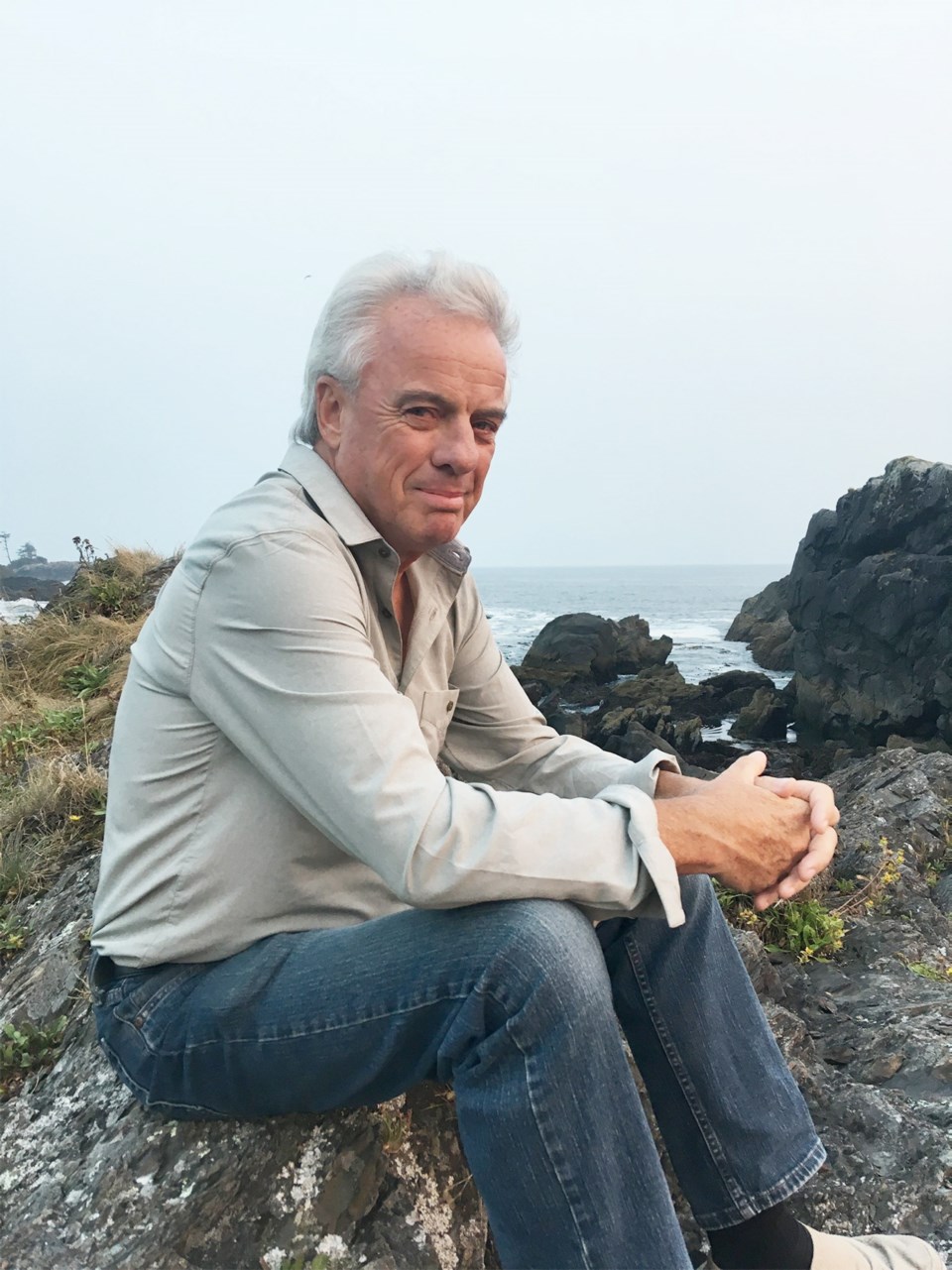IN PERSON
What: An Evening With Bob McDonald
Where: Alix Goolden Performance Hall, 907 Pandora Ave.
When: Tuesday, Nov. 12, 7 p.m. (doors at 6:30)
Tickets: $12.50 from
Bob McDonald’s passion for science is contagious.
The former truck driver and university dropout might lack the credentials of others in his field, but that hardly matters. The happy-go-lucky host of CBC Radio’s popular science show Quirks & Quarks has plenty of talents on his side.
“People are always telling me: ‘You’re so enthusiastic,’ ” McDonald said. “It’s not what you know, it’s how you communicate.”
McDonald has hosted Quirks & Quarks, one of the highest-rated shows on CBC Radio, since 1992. He works these days from the CBC studio in Victoria, where he moved eight years ago after a 40-year stretch in Toronto.
It was during his time in Ontario that McDonald became one of sa���ʴ�ý’s go-to science experts on both radio and television. He was named an Officer of the Order of sa���ʴ�ý for his contributions, and now has an asteroid named in his honour. He also has nearly a dozen honorary degrees.
“I have never been any good academically, but I have a good sense of how science works,” he said. “I’ve always liked what science does and how it sees things and how it explores the world.”
McDonald has been explaining science to everyday people for nearly 50 years. One of his first jobs in the field was in 1973 at the Ontario Science Centre — with a background in theatre, he was hired to greet guests and add an air of conviviality.
Before long, he was given an expanded role. “I had to learn really fast. All of a sudden, I’m up on a stage standing peoples’ hair up with static electricity, and burning holes in bricks with a 50-foot laser.”
McDonald has written a new book, An Earthling’s Guide to Outer Space, inspired by one of his first passions: space flight. He gravitated toward aeronautics as a child, and vividly remembers watching Apollo 11 land on the moon when he was eight. “That was a magic time,” he said fondly.
“Because both the Canadian and American governments were fearful that the Soviets were so far ahead technologically, they put math and science up front in their school curriculum. So we were taking it in school. We were studying orbital rendezvous and lunar modules and command modules, and then we’d go home and see it happening on the news. It was really part of the culture at the time. Everything was space.”
He wrote An Earthling’s Guide to Outer Space so others could share in his passion. He tackles dwarf planets, aliens and other outer-space oddities in a way even children can understand, though the book is meant for readers of all ages. “It’s fun, introductory stuff,” McDonald said. “It’s not a textbook, or something you can get a Ph.D. on. It’s for people who have a general interest in space but don’t know a lot about it.”
The book has roots in key moments in his life — one of which was a book his mother gave him in 1959. McDonald said he still has the book — Planets, Other Worlds in Our Solar System — and will bring it along for inspiration when he gives a multi-media presentation at the Alix Goolden Performance Hall on Tuesday. “[The book] told me that the other planets out there were really different than Earth. I knew as a kid that Jupiter was this giant ball of gas, that Saturn had rings, that Pluto was frozen, and Venus was super hot. It really changed my perspective on Earth, plants and space. That’s where it started.”
With the book as a foundation, McDonald began absorbing everything he could about the topic, even traveling during the 1970s and ’80s to NASA’s Jet Propulsion Laboratory in Pasadena to witness surface landings on Mars and spacecraft flybys of Jupiter, Saturn, Uranus, Neptune and Pluto.
Those experiences helped McDonald land a job hosting Heads Up, a kids’ show that ran on TVOntario from 2005 to 2008. He sees the book as something of a companion piece to that program. “It’s not a profound book, and it’s not super technical. But it answers fundamental questions: Why are planets round? Why are black holes black?’ ”
McDonald puts Quirks & Quarks together each week over a three-day period from the CBC Victoria studio. He records his parts and does his guest interviews by phone in Victoria, while the majority of his production team works from Toronto.
McDonald attributes his success in part to not being a scientist. “I use that skill on Quirks & Quarks if I am doing an interview and a scientist goes deep into the lingo. I’ve been at this long enough that I understand that lingo now. So if you hear me say: ‘Let me see if I’ve got this right … ,’ that’s me thinking on the spot, trying to spin it back in one sentence, with an analogy, if possible. That helps put it in context. I’m not a scientist, I’m more of translator — a bridge between the scientist and the public.”



